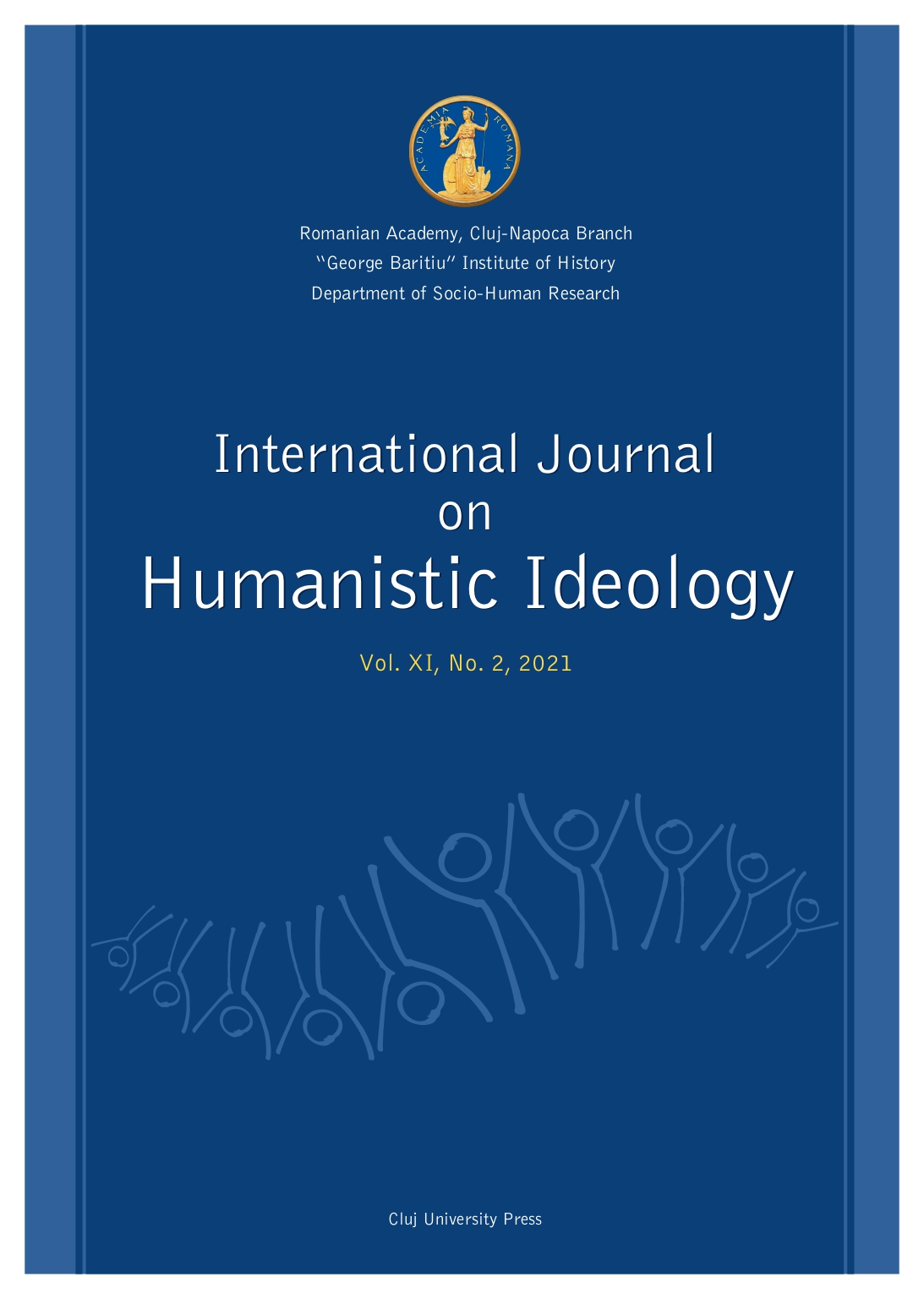The Problem of the Intermediary: On the Compatibility of
Psychoanalytic Theory and Religion
The Problem of the Intermediary: On the Compatibility of
Psychoanalytic Theory and Religion
Author(s): M.G. PietySubject(s): Philosophy, Social Sciences, Psychology, Philosophical Traditions, Ethics / Practical Philosophy, Existentialism, Psychoanalysis
Published by: Presa Universitara Clujeana
Keywords: psychoanalysis; Christianity; witch doctors; neuroses; wholeness;
Summary/Abstract: Psychoanalytic theory appears to suggest that neurotic individuals need the assistance of a psychoanalyst to achieve psychological wholeness. Religion also posits the necessity of an external force if the individual is to achieve psychological wholeness. According to religion, however, this force is God. Attempts to make psychoanalytic theory compatible with religion appear to suggest that the psychoanalyst serves as a kind of intermediary between the patient, or analysand, and God. According to Kierkegaard, however, this would amount to making one human being “a god in relation to another human being.” But this, on his view, is precisely what religion denies. No human being can be a god in relation to another human being. This essay argues that the apparent opposition between the fundamental assumptions of psychoanalytic theory and religion is merely that: apparent. Psychoanalysis, properly understood, I argue, does not claim god-like significance for the psychoanalyst, and religion, properly understood, allows individuals to play significant roles in helping one another to achieve psychological wholeness.
Journal: International Journal on Humanistic Ideology
- Issue Year: XI/2021
- Issue No: 2
- Page Range: 201-212
- Page Count: 12
- Language: English

